We’ve all seen it: stereotyping in movies, TV shows, and talk shows. All races and religions have been subjected to stereotypes, but it seems as if Italian-American stereotypes have been popping up a lot in reality shows to movies. What gives? Emme caught up with Italian- American social activist Lou Rago to find out why the media finds the “guido” stereotype so appealing and why Italians themselves keep tuning in.
emme: What do you do to get rid of Italian-American stereotyping in the media?
Lou Rago: I have founded the Italian-American Human Relations Foundation. It is a group to fight stereotyping in the media and celebrates Italian contributions. If you’re going to think of Italian- Americans, we want you to think of Perry Como, Enrico Fermi, Connie Francis, Frank Capra, and Vincent Minelli. These people have contributed to society and are rarely recognized or praised.
We recently held a concert for Harry Warren who wrote several songs in Hollywood such as At Last by Etta James. In order to get hired in Hollywood, he had to change his last name to Warren, even though he was an Italian-American.
We want young Italian- Americans to have positive role models to look up to, and not Tony Soprano or The Situation– who are terrible role models.
You’d be surprised by how many people are upset by this negative stereotyping, and hope to stop it.
emme: Jay Leno, Kelly Ripa and Jimmy Kimmel– who are all Italian-Americans– often play off of “guido” and “guidette” jokes on their talk shows. Why do you think that is?
LR: It sells! If one Italian- American said it wasn’t funny, then maybe we would get somewhere. American humor has reduced.
emme: I’ve noticed that most of the stereotyping has mostly come Italian- Americans themselves. Why is this? And why do so many Italian- Americans try to emulate this lifestyle?
LR: Since the stereotype has been regurgitated so many times, Italian- Americans find it socially acceptable to act like that. They think it’s cool because it’s on TV. The media has celebrated celebrity stupidity. Subconsciously, young Italians are reverting back to their stereotype because they see it on TV. Life begins imitating art.
Many Italian- Americans have tried to assimilate. They think, who cares? But, they may be at a job interview and the interviewer may look at their last name and think, I bet this kid is just like the kids on Jersey Shore. Maybe we shouldn’t hire them. And subconsciously, this happens.
emme: Why do think people are so fascinated by “guidos” and “guidettes?”
LR: Because, we’ve celebrated it. It wouldn’t sell if we didn’t show it. If Jersey Shore were on and it didn’t go any further than that, it would die out. But, they’re on every TV show. They have clothing lines. We’ve celebrated these images. There you go!
emme: What have you done specifically in the media to get stereotyping off TV?
LR: We’ve gotten commercials pulled from Miller Lite, AT&T, and Denny’s. Most of them consisted of actors from the The Sopranos portraying mobsters, naturally. Myself along with the Order Sons of Italy and UNICO have gotten them pulled. But, sometimes we lose some. We would always win if we got the whole Italian- American community behind us.
emme: Why aren’t schools or the media teaching young people about Italian- American stereotypes?
LR: Italian- Americans are the low man on the totem pole. It is disappointing, but just so many Italian- Americans don’t care. An example is Columbus Day– a national legal holiday. They’ve become afraid to celebrate it. It’s kind of unfortunate. It’s fashionable to teach children that Columbus brought diseases, however every other explorer also brought diseases. But, it seems that Columbus is the only one that gets bad press. Italian- Americans need to holler louder.
emme: How do you feel about the term “guido” and “guidette” used in the media?
LR: Guido, guinea, wop, dago, guidette- they are all terrible terms. It shouldn’t be allowed. Other ethnic groups don’t allow negative names, and we shouldn’t either. Now we have a whole new generation of kids calling themselves guidos and guidettes.
emme: Because of these TV shows, it seems as if being Italian is a cool, new trend. Do you think that there is a positive outcome from these reality shows?
LR: Let’s be honest– everyone wants to be Italian! 🙂 People enjoy our food, clothes, architecture, culture, etc. But, they have reduced the imagery of what it really means to be Italian. Sure, it might seem cool to be like The Situation, but not in a positive way.
emme: Why haven’t professors in higher education addressed this problem?
LR: They have the same image because they are watching the same programs as everyone else. They have the wrong idea, as well.
emme: Many people argue that there all types of stereotypes on TV, so Italian- Americans shouldn’t get mad. What do you think about that?
LR: Every ethnicity does have a stereotype. But when you start to laugh at a group instead of laughing with them, that’s when it becomes a problem. And that is what is happening to the Italian- American community. It becomes a problem when a small joke becomes a skit on SNL– it becomes detrimental. Sure, some stereotypes about Italian- Americans are true. But, you’ve got a problem when you’re reaping money off of offensive jokes at Italian-Americans expense.
It’s easy to write a stereotypical character on TV. It has become lazy film making.
emme: What can young Italian- Americans do to prevent stereotyping in the media?
LR: The next time someone makes a Godfather joke, speak up and say something to that person. Explain to them that you do not make jokes about their heritage, and they shouldn’t say anything about yours. Also, turn off your TV! Learn about positive Italian- Americans such as John Cabot (whose real name was John Cabotto) and Antonio Giannini. Celebrate the contributions that Italian- Americans have brought to the US instead of negative stereotypes.
There has never been an ethnic group that has been so degraded as Italian- Americans on radio and TV.
Fun Facts:
- Italian- Americans were the largest ethnic group to serve in WWII
- Italian- Americans are the fourth highest European group in the United States
- According to the US Department Justice Bureau, less than .0025% of Italian- Americans are involved in organized crime

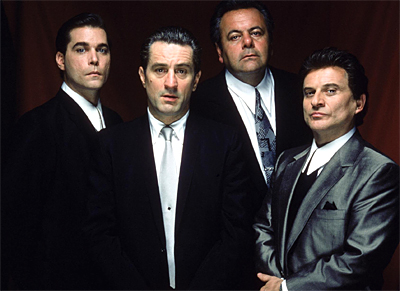
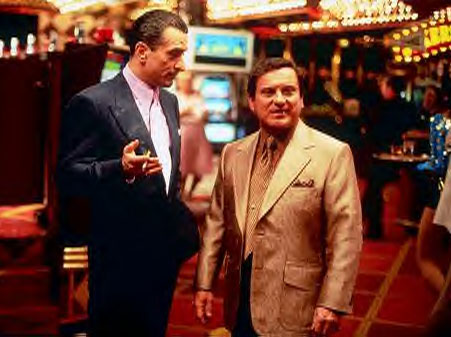
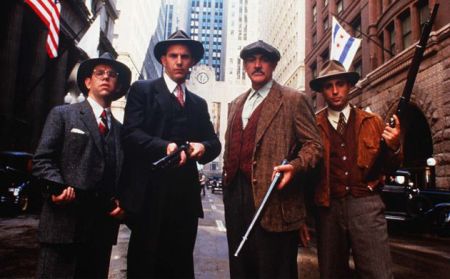
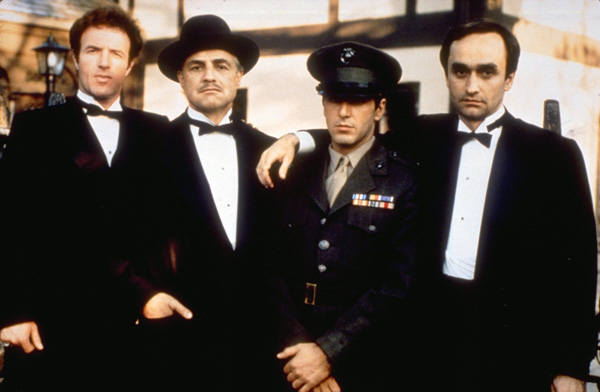
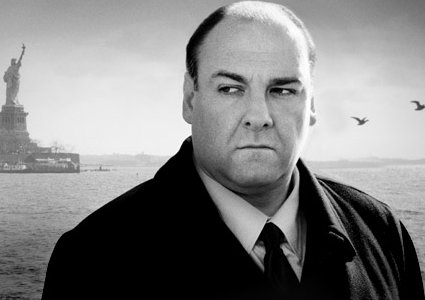
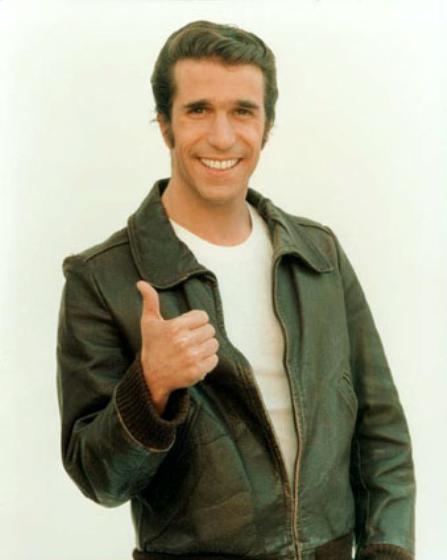
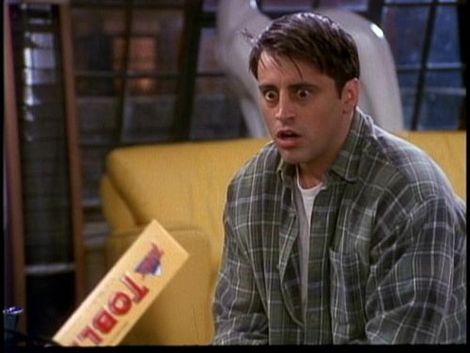

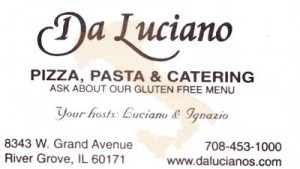


{ 0 comments… add one now }
{ 1 trackback }